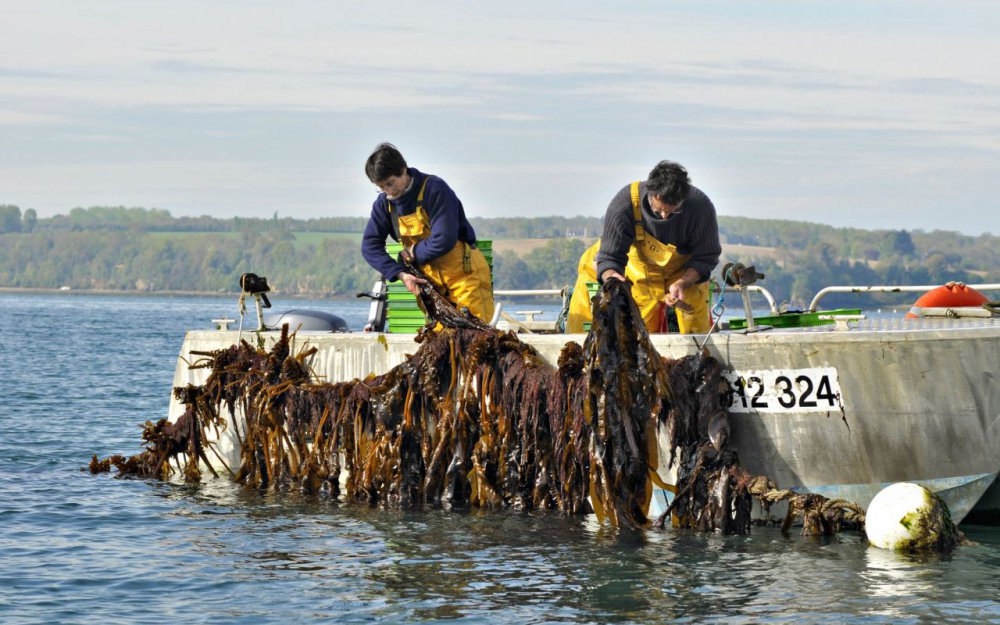Industry is awaiting details on how Nicolas Hulot’s announcement that 100% of plastics will be recycled will be put into action
The new president Emmanuel Macron has put the circular economy and recycling at the heart of his government's new economic model. Nicolas Hulot, the new Minister for Ecological Transition and Solidarity, said the government was aiming for the use of 100% recycled plastics through the economy by 2025 as part of its journey to a 100% circular economy. He said companies would be expected to come up with intelligent strategies to deal with waste, and promised a road map in 2018.
Greenpeace, which has been leading the global campaign against ocean plastics, applauded the ambition of 100% recycled plastics, but said Hulot did not explain how that would be achieved. It pointed out that France is a laggard on plastic recycling in Europe, trailing Germany and Switzerland, and even the UK. According to resources group Veolia, France recycles just a quarter of its plastic waste, with one third going untreated to landfill. In the UK, one third of plastic packaging is recycled.
The plastics industry was also sceptical. Michel Loubry, from the trade association PlasticsEurope said: “The goal of 100% recycled plastics by 2025 is not realistic. On the other hand, we can target 100% recovery and no landfill.”
In an interview with Ethical Corporation, Marc-Antoine Belthé, recycling branch director of Veolia, pointed out that all plastics can be recycled. The challenge is having a business model to do it sustainably and economically.
Like the rest of the industry, Belthé is awaiting the new statement from Hulot in September which he hopes will give details on how France will meet its 100% plastic recycling goal.
He wants the government to set limits on what can be sent to landfill and stipulate the percentages of recycled materials manufacturers need to use in new products. He said the industry should be incentivised with lower taxes on recycled materials.
“To convince business partners, visibility [clarity] is key for the recycling industry, and also incentives because we need to be competitive with virgin materials,” he said. “That’s usually done on price, not on other considerations like carbon footprint.”
He recalls one occasion when French carmakers were encouraged to use more recycled material. The industry began making preparations, but those stalled when the government didn’t follow up with specific details.

Plastic waste ban
France has already taken robust action to reduce the amount of waste from plastics. Last September, as part of its new Act on Energy Transition for Green Growth, the government built on its total ban on supermarket plastic bags to become the first nation to ban plastic cups, plates and cutlery. The law, which will come into effect from 2020, will mean that single-use tableware, including coffee cups, must be made from 50% organic compostable materials, and this will rise to 60% by 2025.
The French Association of Health and Environment says only 1% of the 4.73 billion single-use cups produced each year are recycled. Conservation groups have welcomed the ban but the manufacturers’ organisation Pack2Go Europe said it would challenge it as breaching EU law on free movement of goods and potentially encouraging people to leave more litter under the mistaken assumption that they are biodegradable.
"We are urging the European Commission to do the right thing and to take legal action against France for infringing European law," Pack2go Europe secretary general Eamonn Bates told the Associated Press. "If they don't, we will."
While debate continues about the availability of suitable alternatives to plastics, companies are already trialling steps to reduce their dependency on plastic. Mars Inc has run a pilot scheme in France, Germany and the Netherlands making wrappers from potato waste. The world’s two biggest bottled water companies, Nestlé of Switzerland and France’s Danone, are linking with a Californian start-up looking eventually to produce PET bottles from biodegradable materials like cardboard and sawdust. Another French innovator in this space is the Brittany-based Algopack, which is making plastics for packaging and office supplies from seaweed.
Food waste

France may lag on plastic waste but it leads the world in its sustainability efforts on food waste. According to the Food Sustainability Index, France is a clear global winner on food waste, with losses along the supply chain a world-beating 2.3%, way ahead of the UK, at number five.
The FSI describes the French system as a truly holistic framework covering supermarkets, expiry dates, primary education and tax incentives. France was the first country in Europe to bring in food banks. And in 2015 it became the first to impose legal sanctions for wasting edible produce after a grassroots campaign swiftly escalated within four months to produce a law.
Since July 2016, large supermarkets discarding or destroying edible food instead of sending them to charity have faced fines of up to €75,000 and potential jail sentences. Those behind the campaign want the law replicated across the EU.
However, some charities describe the law as a poisoned chalice and likely to remain ineffectual without help in handling the collection, delivery, and refrigeration of increased donations.
The European Court of Auditors pointed out that supermarkets can satisfy their legal requirements if they redistribute even 1% of their surplus.
France is also taking action on prohibiting unnecessary expiry dates and some supermarkets have had success in marketing the misshapen or blemished produce normally.
This article is part of a series on France. See also:
Can Macron add green to the tricolour?
Danone calls for nutrition revolution to fix 'broken' food system
Investing in the future of the planet
Taking aim at corporate human rights abuse
Taking a broom to corruption
The companies leading the pack on CSR

